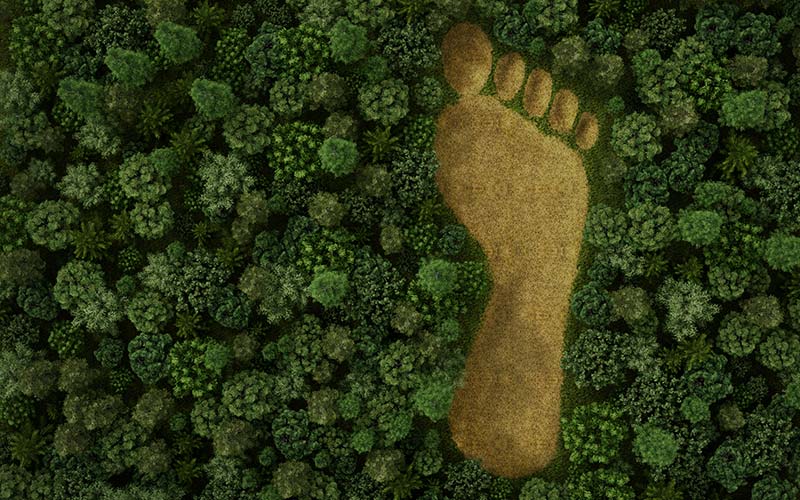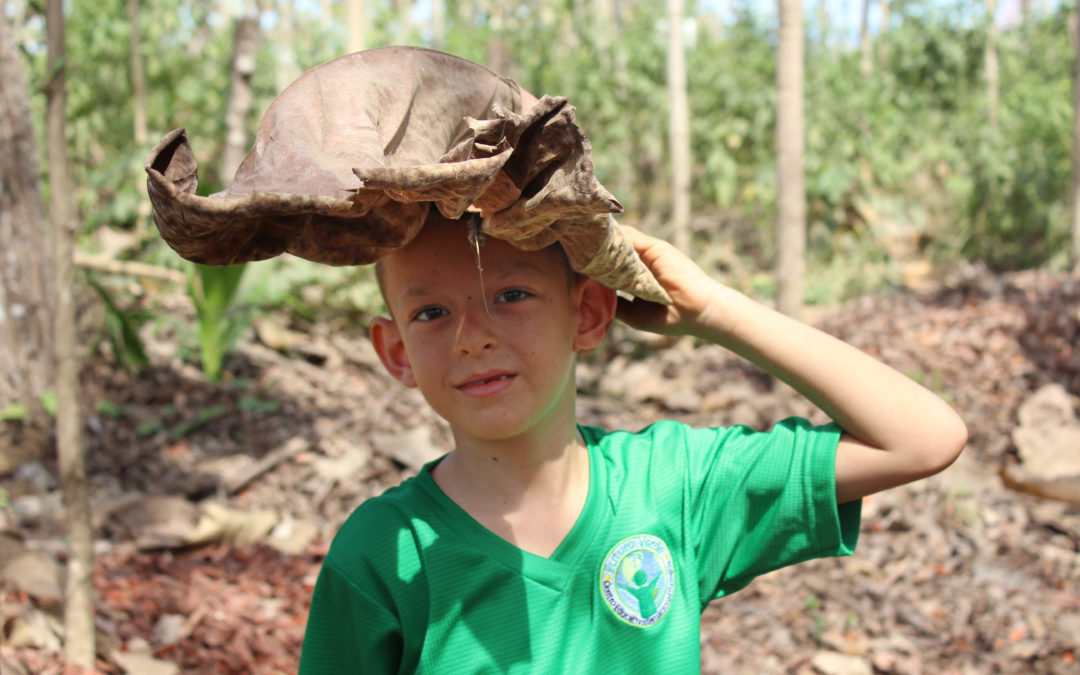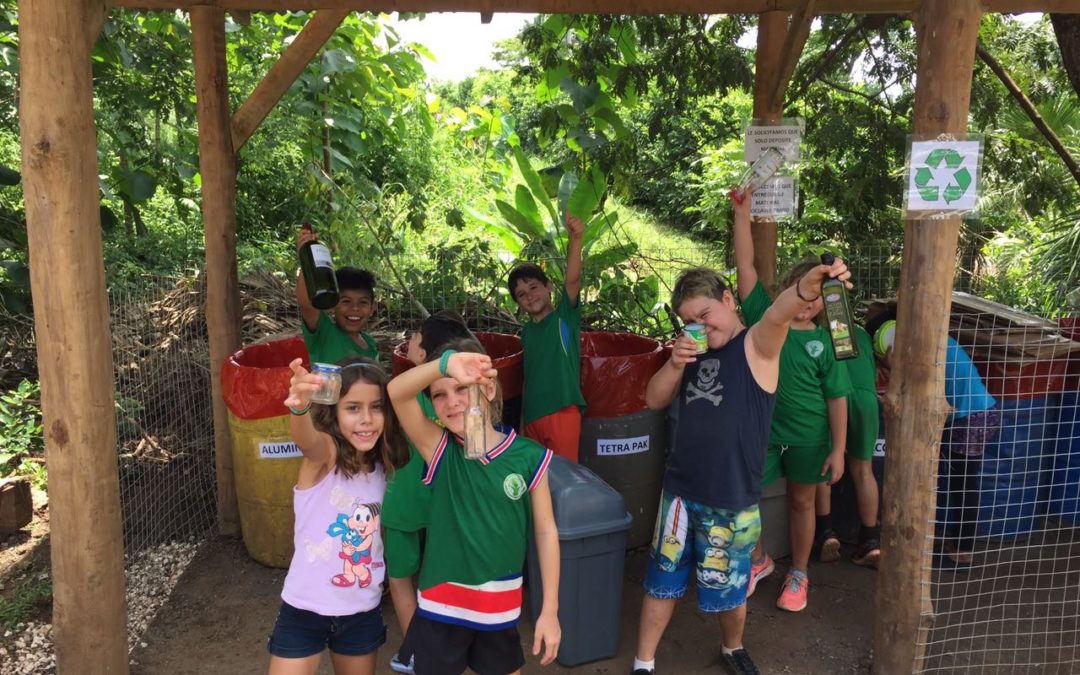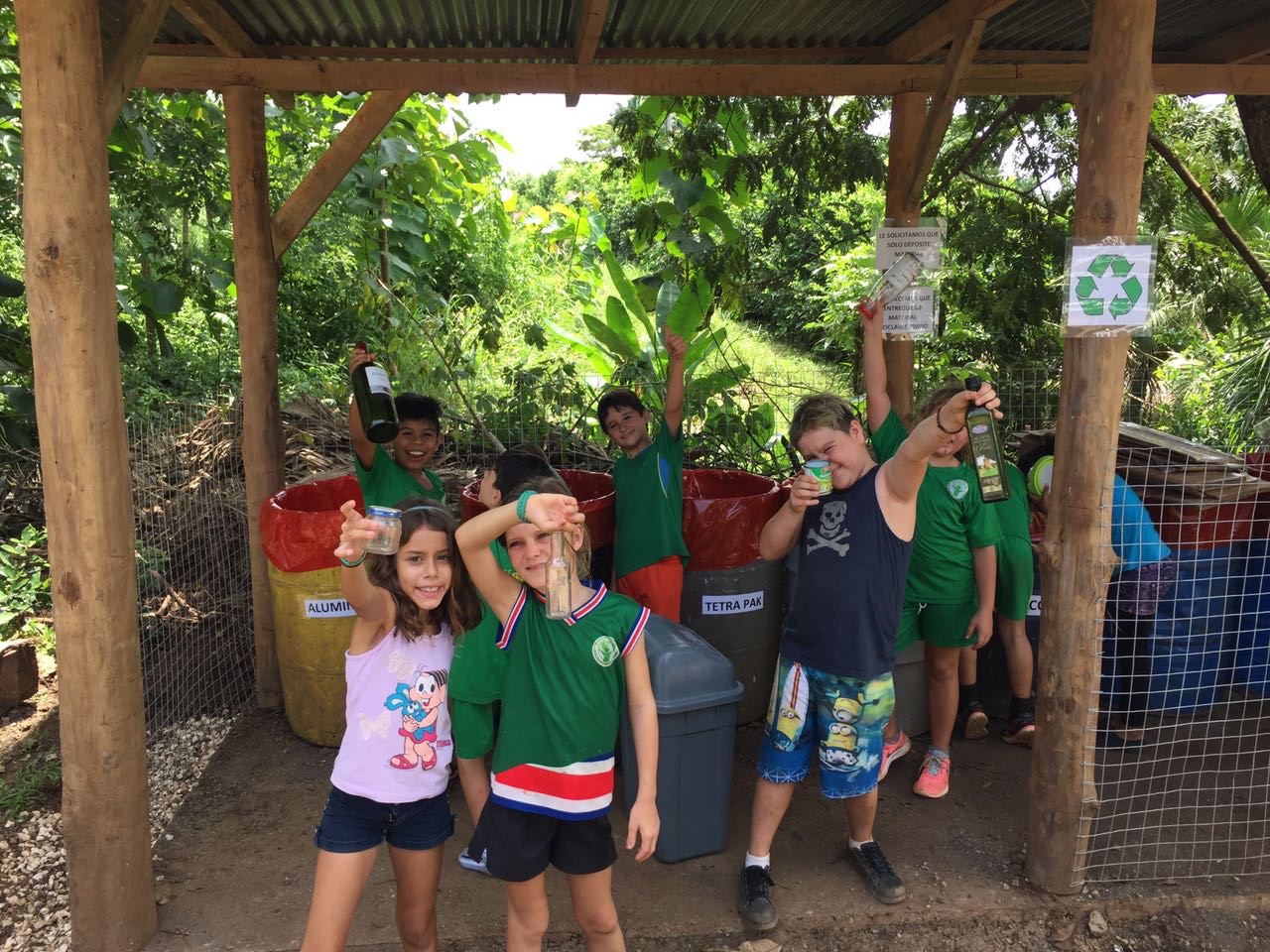
by Javier Sánchez Cáceres | Mar 22, 2018

El cambio climático es un cambio significativo en la temperatura del clima del planeta Tierra en un período relativamente corto causado principalmente por actividades humanas. En específico, el incremento de 1 C o más en un periodo de 1 a 2 siglos es considerado calentamiento global, incluso el aumento de 0.4 C en un siglo ya es significativo. Cabe mencionar que de manera natural al planeta le tomaría miles de años en calentarse o enfriarse 1 C.
En general el cambio climático es causado por factores antropogénicos tales como la tala de árboles, quema de bosques, impermeabilización de los suelos, presencia de gases de efecto invernadero entre otros factores. El efecto de invernadero es el nombre dado al fenómeno que describe cómo los gases, como el dióxido de carbono (CO2), el metano (CH4), el vapor de agua (H2O), entre otros, atrapan en la atmósfera del planeta y de esta manera contribuyen al calentamiento global.
De todos los gases antes mencionados, sin duda alguna el dióxido de carbono (CO2) ha sido presentado como el villano de la película y se ignora su importancia para la vida como la conocemos. La realidad es que sino fuera por el CO2, y su capacidad de atrapar el calor, la temperatura de la tierra no estaría dentro de límites confortables para la vida. A parte de la presencia natural del dióxido de carbono en el ciclo de carbono, las actividades humanas aumentan la presencia de este gas, debido a las emisiones provenientes de la industria manufacturera y agrícola principalmente.
A pesar de que muchas personas niegan el cambio climático, la evidencia es clara. A continuación se detallan alguna de la evidencia recopilada por la comunidad científica:
- La temperatura ha aumentado unos 1.4 F (0.8 C) desde el final del siglo 19. Aproximadamente 1.0 F (0.6 C) de este calentamiento ocurrió en los últimos 30 años.
- Se ha observado un aumento en el nivel del mar de 3 mm por año en las últimas décadas, asociado a la expansión termal del mar.
- Derretimiento de un 4% de la capa de hielo ártica por década.
- Aumento en la intensidad de fenómenos atmosféricos, tales como huracanes, sequías, precipitaciones, entre otros.
- Cambio en el tiempo de floración y fructificación de las plantas.
En Futuro Verde contribuimos a la mitigación del cambio climático por medio de la educación ambiental y la implementación de iniciativas concretas enfocadas en la disminución de nuestra huella ecológica. Algunas de estas iniciativas son, limpiezas de playa, limpiezas de ríos, disminución de los residuos sólidos, por medio de nuestro centro de acopio de materiales reciclables y nuestro programa de compostaje, entre otras. Le invitamos a adoptar estas pequeñas acciones que son las únicas que nos pueden ayudar a resolver esta realidad tan triste que más que destruir nuestro planeta, nos destruiría a nosotros como especie y a las otras especies de las que dependemos.

by Javier Sánchez Cáceres | Mar 22, 2018

Climate change is a significant change to our Earth´s temperature caused mainly by human activities in a relatively short period of time. More specifically, the increase of 1 degree celsius or more in a period of one to two centuries is considered global warming, and even an increase as slight as 0.4 degrees celsius over a hundred years is already significant. Interestingly enough, our planet would take thousands of years to warm or cool 1 degree celsius in a natural way.
In general, climate change is caused by anthropogenic factors such as cutting trees, burning forests, waterproofing soils, emitting greenhouse gases, among others. The greenhouse effect is the term used to describe the phenomenon of gases trapped in our atmosphere, such as carbon dioxide (CO2), methane (CH4), water vapor (H2O), thus contributing to global warming. Of all the aforementioned gases, carbon dioxide (CO2) has undoubtedly been portrayed as the main villain and its importance for life as we know it is yet unknown. The reality is that if it were not for CO2, and its ability to trap heat, the temperature of the earth would not be within comfortable limits to support life. Apart from the natural presence of carbon dioxide in the carbon cycle, human activities increase the presence of this gas, mainly due to emissions from the manufacturing and agricultural industries.
Although many people deny climate change, the evidence is clear. Below are some examples of the evidence collected by the scientific community:
- The temperature has increased about 1.4 F (0.8 C) since the end of the 19th century. Approximately 1.0 F (0.6 C) of this warming occurred in the past 30 years.
- An increase in sea levels of 3 mm per year has been observed in recent decades, associated with the thermal expansion of the sea.
- A 4% melt of the Arctic ice sheet per decade.
- An increase in the intensity of atmospheric phenomena, such as hurricanes, droughts, rainfall, among others.
- Change in plant flowering and fruition times.
At Futuro Verde we contribute to the mitigation of climate change through environmental education and the implementation of specific initiatives focused on reducing our ecological footprint. Some of these initiatives are: beach and river clean-ups, reduction of solid waste, management of a collection center for recyclable materials and a composting program, among others. We encourage you to take small measures, which are the only ones that can help us fight this sad reality that we face as a species together with all other species on which we depend.

by Javier Sánchez Cáceres | Nov 1, 2017

This day and age, we hear a lot of talk about environmental problems, climate change, exploitation and unsustainable use of natural resources. Honestly, the panorama can be so overwhelming that we feel frustrated and fail to understand that many of these problems go hand in hand with their solutions. Many of these solutions are presented to us as impossible tasks because we view them from an individualistic perspective. However, when we take a moment and breathe deeply, we soon realize that by working as a team, sharing ideas and resources, these solutions begin to flow and appear very possible.
The initiative of the Sustainable Solutions Fair emerged based on the need to provide a space where different environmental, social and economic problems that affect us both, directly and indirectly, can be openly discussed. The FSS is Science Fair meets Christmas Bazaar, with the idea of enjoying projects on sustainability carried out by our students, artistic and musical presentations, taking advantage of the opportunity to purchase locally handcrafted products and expanding your horizons with forums and workshops in a sustainable development setting.
We cordially invite you to join us on December 2nd, a special day dedicated to nature and creating awareness of the need for a human development system that allows us to use Mother Earth’s natural resources in a responsible way with respect for both nature and the next generations.
We’re expecting you!

by Javier Sánchez Cáceres | Nov 1, 2017

En la actualidad se oye mucho hablar sobre problemas ambientales, cambio climático, explotación y uso insostenible de los recursos naturales. Honestamente el panorama puede ser tan abrumador que nos frustramos y dejamos de ser capaces de entender que muchos de estos problemas van de la mano de sus soluciones. Inclusive muchas de estas soluciones se nos presentan como imposibles porque las vemos desde una perspectiva individualista. Basta con tomar un tiempo, respirar profundo y darnos cuenta que al trabajar en equipo, compartir ideas y recursos, estas soluciones comienzan a fluir y a mostrarse muy posibles.
Ante la necesidad de proveer un espacio para la discusión abierta de diferentes problemas ambientales, sociales y económicos que nos afectan directa e indirectamente, surge la iniciativa de la feria de soluciones sostenibles. La FSS combinará la feria científica con el bazar navideño con la idea de disfrutar de los proyectos sobre sostenibilidad realizados por nuestros estudiantes, disfrutar de presentaciones artísticas y musicales, aprovechar la venta de productos artesanales locales e enriquecerse con foros, talleres y un ambiente pro desarrollo sostenible.
Los invitamos a acompañarnos el 2 de diciembre, un día especial dedicado a la naturaleza y a crear conciencia en la necesidad de crear un sistema de desarrollo humano que nos permita utilizar los recursos naturales que nos da la Madre Tierra de una manera responsable tanto con la naturaleza como con las próximas generaciones.
¡Le esperamos!

by Javier Sánchez Cáceres | Aug 2, 2017

Nature, its ecosystems, and natural resources are the mainstay of humanity. Although this assertion seems to be very obvious and common knowledge among even the youngest of children, human beings repeatedly act against this principle, with their actions directly affecting the integrity of our ecosystems and the services they provide us with. The foregoing often occurs due to a lack of education or interest, poor administration of district services and/or a lack of priorities.
During last July, as we all know, essential waste collection and disposal services in the entire Cobano district were suspended due to an alleged budget shortage.
In the aftermath of this terrible news and the problem it has unleashed, it is very gratifying to see how people have come together and focused all their effort and energy on seeking a solution to the unmeasured production of waste. Among various measures carried out, worth mentioning are the remodeling of Montezuma’s collection centers, the reduction of solid waste, and efforts to educate the public about the management of recyclable materials and raise awareness about the importance of keeping our gorgeous part of Planet Earth healthy. At Futuro Verde, we work on our commitment to protect and conserve nature every day. We have renovated our recycling center with the aim of being able to sort and dispose of recyclable materials from both the school and the members of our school community who do not have waste collection services in their neighborhoods. We are very much aware that any measure is insufficient when it is not accompanied by educational efforts, which is why we are promoting values linked to nature conservancy, waste reduction, and recycling more than ever.
Finally, we wish to share some suggestions with you regarding how to reduce solid waste at home:
– Buy only what is necessary and, when possible, what is biodegradable.
– Eliminate the consumption of disposable products (straws, plastic cutlery, glasses, dishes, among others).
– Reduce the consumption of products containing several wrappings and the Tetra Pak.
– Use returnable containers.
– Preferably use glasses or ceramic glasses, cups, and dishes.
– Use reusable bags instead of asking for plastic bags.
– Use rechargeable batteries.
– Try to use cloth napkins.
– Use organic waste for composting.






